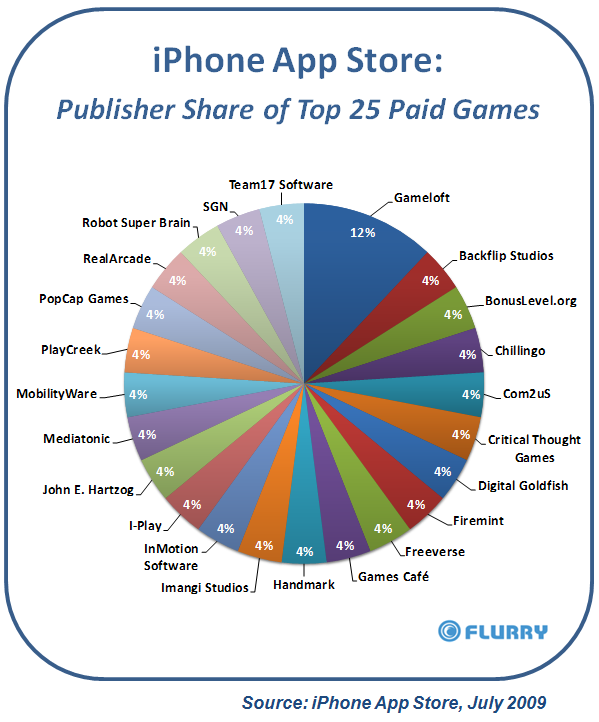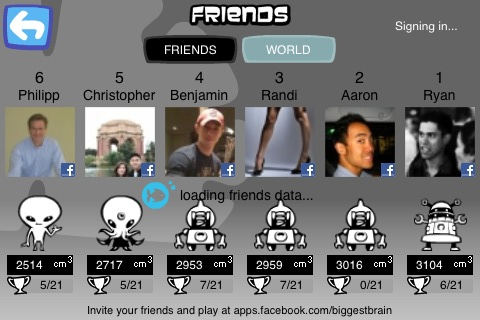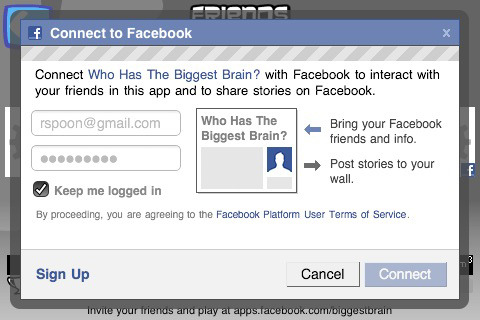Great blog post from Flurry about the ecosystem of iPhone Application developers and how it differs from other mobile storefronts: "Rise of the New Middle Class - Indie iPhone App Developers, Part I". If you are interested in the iPhone App store and/or mobile game development, it's a great read. The high level takeaways:
- The ecosystem of game developers is much different between app stores - The iPhone App store is very balanced: 24 of the 25 top paid game developers each represent 3%-4% of the publisher share - In contrast, AT&T's Media Mall is very unbalanced: EA represents 36%, Namco 12% and Gameloft 12% - Similarly, the balance of developers is different between platforms... what Flurry is calling the new "middle class" on iPhone Apps - Finally pricing and inventory (...and developer communities) differentiate the platforms and top game developers:
EA Mobile is notably absent from the App Store Top 25 snapshot. However, this can be somewhat attributed to the fact that several of their titles are priced at signficantly higher price points, between $4.99 and $9.99
Gaming is the dominant category within the iPhone App store - representing 19% of applications. It would be interesting to see if these trends hold up in other major categories like Books (14%), Entertainment (10%) and Utilities (7%). I assume that is coming in Part II of Flurry's post.



 - Once connected, users are notified of where their score sits within their social graph, instantly encouraging competitiveness. When you pass a friend's high score, the screen animates as you move up the 'podium' - its terrificly clever and yet a simple way to bring relationships to an otherwise one-dimensional game
- Once connected, users are notified of where their score sits within their social graph, instantly encouraging competitiveness. When you pass a friend's high score, the screen animates as you move up the 'podium' - its terrificly clever and yet a simple way to bring relationships to an otherwise one-dimensional game

